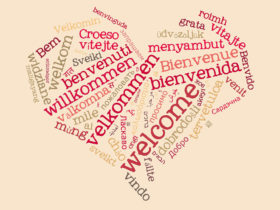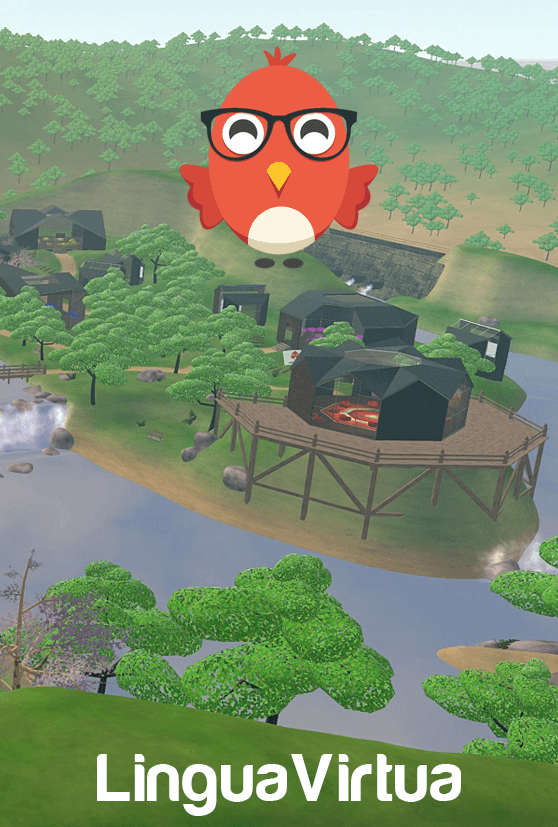The beauty of language is that it is highly adaptable: they evolve as new generations come, words are added to a lexicon, and grammar rules are constantly adjusted. Furthermore, both professional linguists and language enthusiasts alike can construct an entirely ...
Most people learn a second language in school as part of their formal education. High school classes teach words, grammar, and conduct regular tests, but this method of learning isn’t as beneficial as it should be. Many students can’t carry ...
Learning a new language stimulates your brain in many different ways. It builds new connections, which have a direct impact on your level of creativity. Everyone who masters a second language feels a sense of unparalleled accomplishment. There are very ...
Shadowing is the process of learning a language by mimicking natural speakers. It helps new learners improve and integrate pronunciation and intonation. Most people use shadowing instinctively when they’re learning a new tongue, but following a proper method can help. ...
Many people develop an interest in learning a language later in life. Exposure to different cultures or new media suddenly piques their interest. Some adults also want to learn a second language (L2) because it can help in a professional ...
Learning a new language is a fun challenge. It compels your brain to make new connections to accommodate different rules and pronunciations, which improves its overall function. One of the biggest challenges of learning a new language is making sure ...
Learning a second language has many benefits. You can communicate with more people, learn about different cultures, and improve your brain functioning. A second language also looks good on your resume and will increase the chances of you finding a ...
Mastering a new language requires time, effort, and dedication. Many learners falter because they lose motivation somewhere along the line. That’s where meetups can come in handy and help you get further in your path to learn a new language. ...
Everyone grows up with a native language, which can also be referred to as your mother tongue. However, it’s a whole other story when your native land has not just one dialect, but two or more. That’s something normal for ...
Polyglots and language enthusiasts take on new foreign languages, not necessarily because they are intellectually gifted but because they have the patience and the motivation to learn. However, just like how toddlers tumble and fall while learning how to walk, ...


































